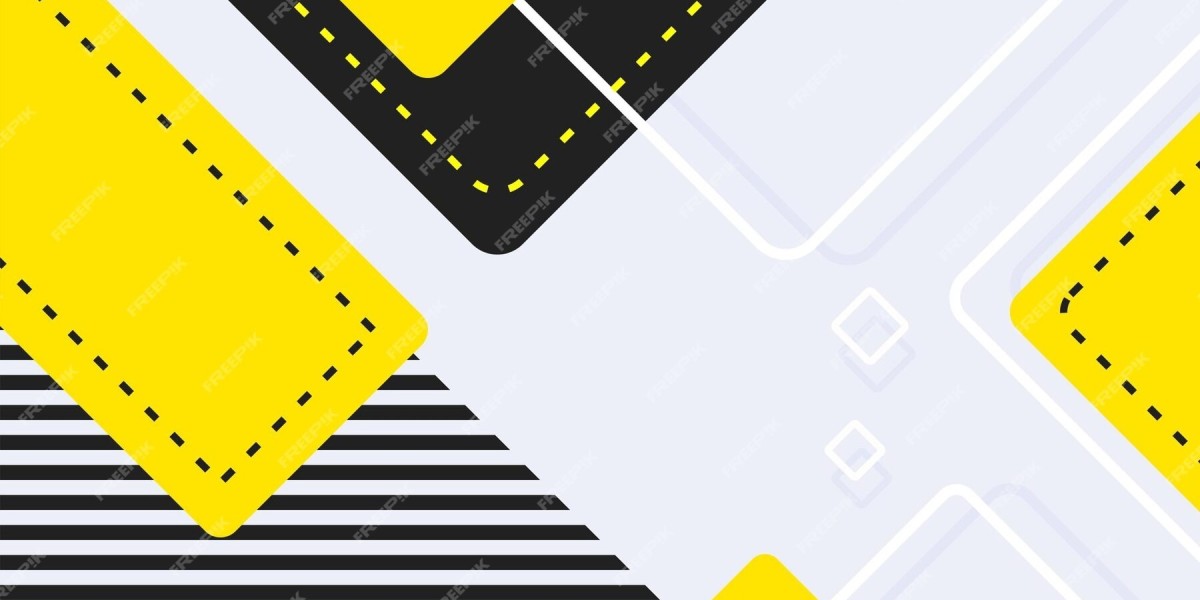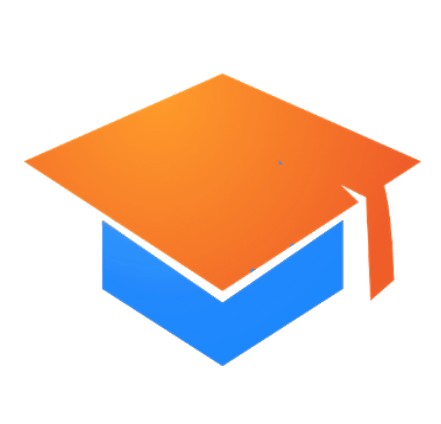
Artificial Intelligence (AI) is reinventing education while making discovering more accessible but also sparking disputes on its impact.

While students hail AI tools like ChatGPT for enhancing their learning experience, lecturers are raising issues about the growing dependence on AI, which they argue fosters laziness and weakens academic stability, especially with many trainees not able to defend their assignments or forum.pinoo.com.tr given works.
Prof. Isaac Nwaogwugwu, a lecturer at the University of Lagos, in an interview with Nairametrics, surgiteams.com expressed aggravation over the growing dependence on AI-generated actions amongst students recounting a current experience he had.
RelatedStories
Avoid sharing personal info that can determine you with AI tools- Expert warns
Chinese AI app DeepSeek stimulates international tech selloff, obstacles U.S. AI dominance
"I offered a project to my MBA students, and out of over 100 students, about 40% sent the exact same answers. These students did not even know each other, but they all used the exact same AI tool to produce their reactions," he stated.
He noted that this pattern prevails among both undergraduate and postgraduate students however is specifically worrying in part-time and range learning programs.
"AI is a severe difficulty when it comes to tasks. Many students no longer think critically-they simply go on the internet, produce answers, and send," he included.
Surprisingly, some speakers are likewise implicated of over-relying on AI, setting a cycle where both educators and students turn to AI for convenience instead of intellectual rigor.
This dispute raises important concerns about the function of AI in academic stability and trainee advancement.
According to a UNESCO report, while ChatGPT reached 100 million month-to-month active users in January 2023, only one country had actually released guidelines on generative AI as of July 2023.
As of December 2024, ChatGPT had over 300 million individuals using the AI chatbot weekly and 1 billion messages sent out every day around the globe.
Decline of scholastic rigor
University lecturers are progressively worried about students submitting AI-generated assignments without genuinely comprehending the material.
Dr. Felix Echekoba, a speaker at Nnamdi Azikiwe University, expressed his issues to Nairametrics about students significantly counting on ChatGPT, just to struggle with addressing basic concerns when tested.
"Many students copy from ChatGPT and send polished projects, but when asked fundamental concerns, they go blank. It's disappointing due to the fact that education is about discovering, not simply passing courses," he said.
- Prof. Nwaogwugwu explained that the increasing number of top-notch graduates can not be totally credited to AI but admitted that even high-performing students use these tools.
"A first-rate student is a first-rate student, AI or not, but that doesn't indicate they don't cheat. The benefits of AI might be peripheral, but it is making students reliant and less analytical," he stated.
- Another lecturer, Dr. Ereke, from Ebonyi State University, raised a various concern that some lecturers themselves are guilty of the same practice.
"It's not simply trainees utilizing AI lazily. Some lecturers, out of their own laziness, generate lesson notes, course describes, marking plans, and even exam questions with AI without reviewing them. Students in turn utilize AI to generate responses. It's a cycle of laziness and it is killing real learning," he regreted.
Students' point of views on use
Students, on the other hand, say AI has enhanced their learning experience by making academic products more reasonable and available.
- Eniola Arowosafe, a 300-level Business Administration student at Unilag, shared how AI has considerably helped her learning by breaking down complex terms and offering summaries of lengthy texts.
"AI assisted me comprehend things more easily, especially when handling intricate subjects," she described.
However, she recalled an instance when she used AI to submit her job, just for her speaker to instantly acknowledge that it was created by ChatGPT and decline it. Eniola noted that it was a good-bad effect.

- Bryan Okwuba, who just recently finished with a top-notch degree in Pharmacy Technology from the University of Lagos, securely thinks that his scholastic success wasn't due to any AI tool. He attributes his outstanding grades to actively interesting by asking concerns and focusing on locations that speakers emphasize in class, as they are typically reflected in examination questions.
"It's everything about existing, focusing, and using the wealth of understanding shared by my associates," he stated,
- Tunde Awoshita, a final-year marketing trainee at UNIZIK, confesses to periodically copying straight from ChatGPT when dealing with multiple due dates.
"To be honest, there are times I copy directly from ChatGPT when I have numerous deadlines, and I know I'm guilty of that, most times the speakers don't get to read through them, however AI has also helped me discover faster."
Balancing AI's role in education
Experts think the service lies in AI literacy; mentor students and lecturers how to use AI as a knowing help rather than a shortcut.

- Minister of Education, Dr. Tunji Alausa, highlighted the integration of AI into Nigeria's education system, stressing the importance of a well balanced approach that preserves human involvement while harnessing AI to improve discovering results.
"As we navigate the rapidly developing landscape of Expert system (AI), it is essential that we prioritise human firm in education. We should ensure that AI boosts, rather than replaces, educators' important function in shaping young minds," he stated
Dorcas Akintade, a cybersecurity improvement specialist, dealt with growing issues concerning using artificial intelligence (AI) tools such as ChatGPT and their prospective threats to the academic system.
- She acknowledged the benefits of AI, however, emphasized the requirement for wiki.rrtn.org care in its use.
- Akintade highlighted the increasing hesitance among teachers and schools towards incorporating AI tools in discovering environments. She determined two main reasons that AI tools are dissuaded in instructional settings: security risks and plagiarism. She discussed that AI tools like ChatGPT are trained to react based upon user interactions, which may not align with the expectations of educators.
"It is not looking at it as a tutor," Akintade stated, explaining that AI does not accommodate particular teaching methods.
Plagiarism is another concern, as AI pulls from existing data, often without proper attribution
"A lot of people require to comprehend, like I said, this is information that has been trained on. It is not just bringing things out from the sky. It's bringing info that some other individuals are fed into it, which in essence means that is another person's documents," she cautioned.
- Additionally, Akintade highlighted an early concern in AI advancement known as "hallucination," where AI tools would generate details that was not factual.
"Hallucination meant that it was bringing out info from the air. If ChatGPT might not get that info from you, it was going to make one up," she described.
She suggested "grounding" AI by offering it with particular information to avoid such mistakes.
Navigating AI in Education
Akintade argued that prohibiting AI tools outright is not the service, particularly when AI presents an opportunity to leapfrog traditional academic techniques.
- She thinks that consistently strengthening key information helps individuals keep in mind and prevent making errors when confronted with obstacles.
"Immersion brings conversion. When you tell people the very same thing over and over again, when they will make the mistakes, then they'll remember."
She also empasized the requirement for clear policies and procedures within schools, keeping in mind that numerous schools should deal with individuals and process aspects of this use.

- Prof. Nwaogwugwu has turned to in-class projects and tests to counter AI-driven scholastic dishonesty.
"Now, I mainly use assignments to make sure trainees provide initial work." However, he acknowledged that handling big classes makes this approach tough.

"If you set intricate questions, trainees won't be able to use AI to get direct responses," he described.
He stressed the requirement for universities to train speakers on crafting test concerns that AI can not easily fix while acknowledging that some speakers battle to counter AI misuse due to an absence of technological awareness. "Some speakers are analogue," he stated.
- Nigeria launched a draft National AI Strategy in August 2024, focusing on ethical AI development with fairness, transparency, responsibility, and privacy at its core.
- UNESCO in a report requires the policy of AI in education, encouraging organizations to investigate algorithms, data, and outputs of generative AI tools to ensure they meet ethical requirements, secure user data, and filter unsuitable content.
- It stresses the need to examine the long-lasting effect of AI on crucial skills like thinking and menwiki.men imagination while developing policies that line up with ethical structures. Additionally, UNESCO advises carrying out age limitations for GenAI usage to secure more youthful trainees and secure susceptible groups.
- For governments, it advised embracing a collaborated nationwide method to regulating GenAI, consisting of establishing oversight bodies and lining up guidelines with existing data security and privacy laws. It stresses examining AI dangers, imposing stricter guidelines for high-risk applications, and making sure nationwide data ownership.
%20Is%20Used%20In%20Biometrics.jpg)









